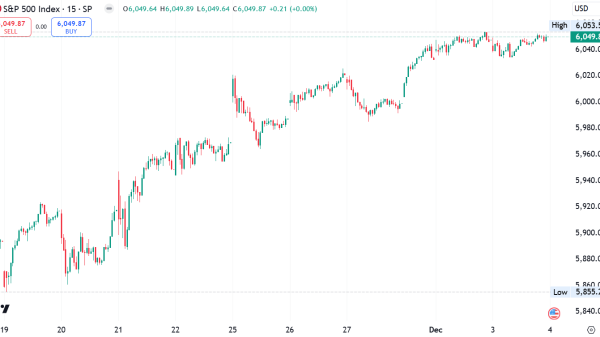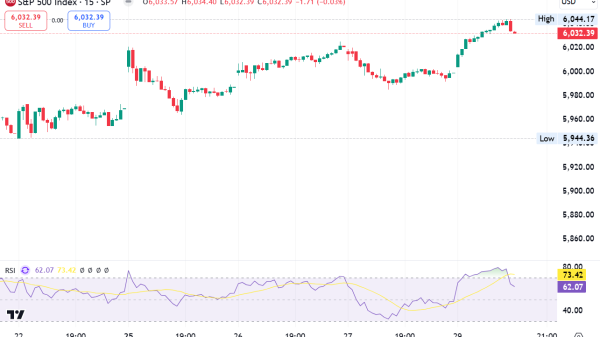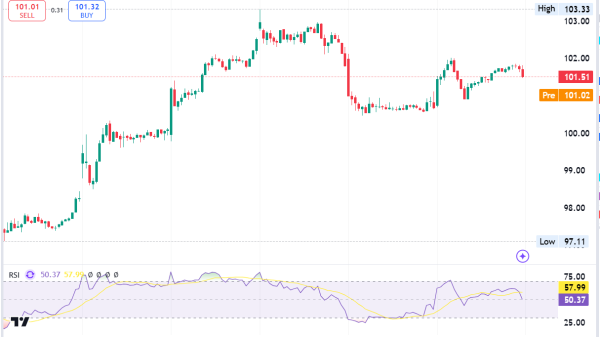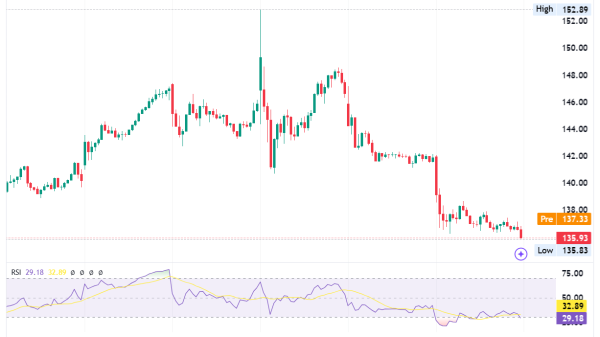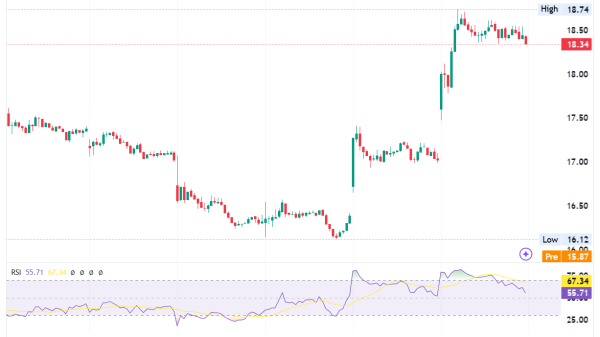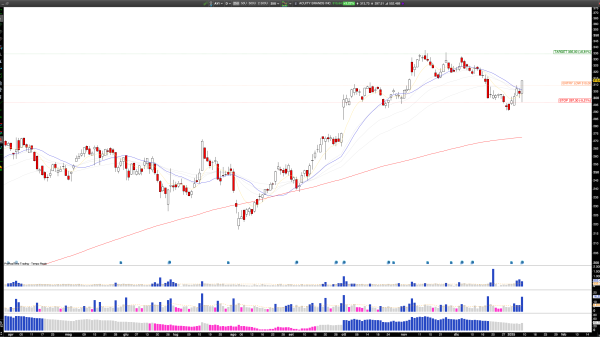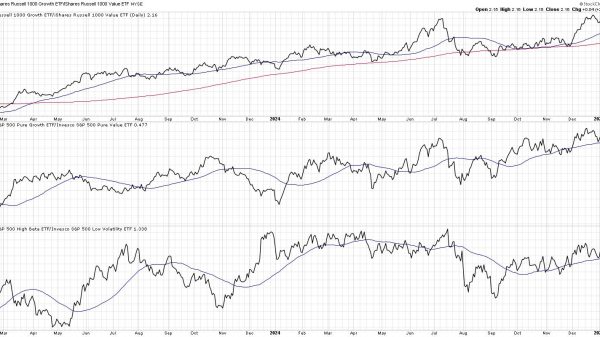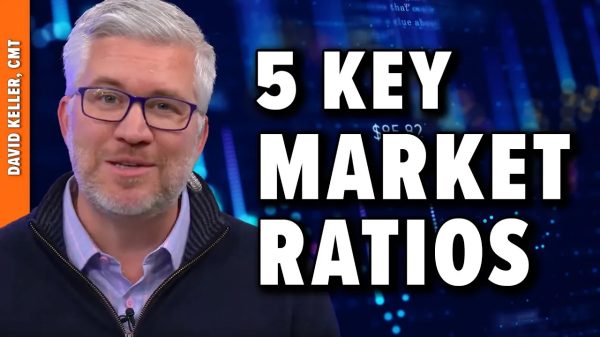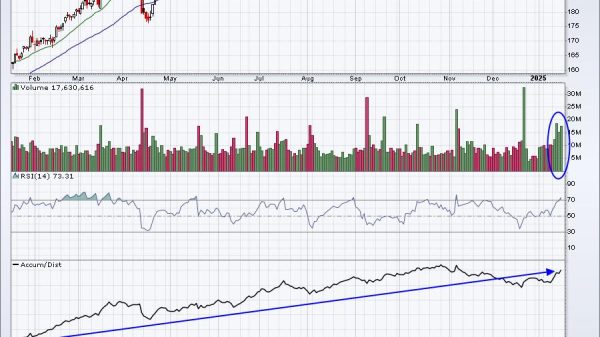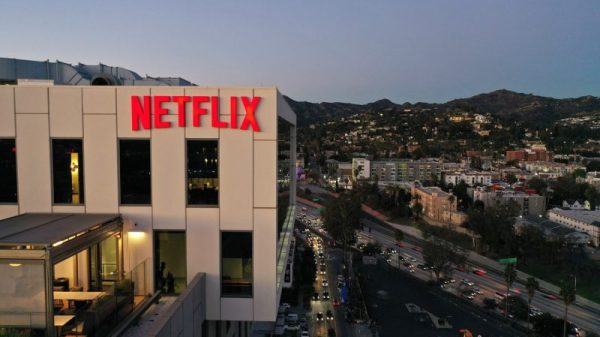Members of the United Auto Workers may be out on strike in less than a week if the union doesn’t reach an agreement on a new contract with Ford, General Motors and Chrysler-maker Stellantis by end of day Sept. 14.
The consulting firm Anderson Economic Group, which specializes in the automotive industry, estimated in August that if the entire union of more than 140,000 workers went on strike for 10 days, it would cost the U.S. economy $5 billion, or roughly half a billion dollars per day.
That number is reflective of the American automotive industry’s heft in the economy — not just in terms of manufacturing but also in supply chain and research and development.
However, it’s not yet certain that the entire UAW would go on strike if no new contract is agreed upon with Detroit’s big three automakers. One tactic discussed in a recent story by the auto industry trade publication Automotive News would see only a smaller number of workers walk off the job. The goal would be to stop production at certain UAW factories, such as locations where Ford workers build engines and transmissions for the popular F-150 pickup truck and other models.
Ford Motor Company did not immediately respond to a request for comment.
Erik Gordon, a professor at the Ross School of Business at the University of Michigan, said that concept, if the union chooses to pursue some form of it, “is intended to create an asymmetry in damages.”
“You are closing down production of its biggest selling, probably its most profitable product” in the F-150, Gordon said of the potential tactic, adding that the duration of a work stoppage will determine how much damage it would cause.
The UAW has enough money in its strike fund to give strike pay to every member for 11 weeks, Gordon says. That would limit how long its members can remain off the job. But a more targeted action such as the one that focuses on Ford’s popular pickup truck could be sustained for longer and at less cost to the union, as workers who aren’t on strike but are laid off might be able to receive unemployment payments instead of strike pay. (The precise details would depend on state unemployment eligibility rules.)
“Then you have a small amount of workers on strike benefits, but you have tied up production, you’ve halted production, all across the company,” Gordon said. “So the company is losing money from all of those vehicles that can’t be produced, but only a small number of UAW are on strike.”
That would obviously hurt Ford, but Gordon says there are risks in targeting the F-150 in particular.
“Pickup truck owners tend to be very loyal. You tend to be an F-150 person or a Silverado person or a Ram person,” he said, referring to competing trucks from GM and from Stellantis, the parent company of the Ram Trucks brand.
The work stoppage could also trigger higher prices in the new and used vehicle market. Shrinking inventories of new Ford F-150 trucks may lead to higher prices as demand rises. The cost of used models would also creep higher. And with the prime interest rate for a 60-month auto loan sitting at the highest point since 2006 according to historical Federal Reserve data, the higher vehicle prices would inevitably lead to more expensive monthly payments.
Erin McLaughlin, senior economist specializing in transportation and infrastructure for The Conference Board, a nonprofit think tank and business membership organization, said a strike would affect the U.S. economy in three different ways: Workers would lose pay, manufacturers would lose money and the broader auto industry of suppliers, dealers and retailers would lose sales.
While the Anderson Economic Group’s $5 billion estimate of the UAW strike’s potential impact on the U.S. economy is big, McLaughlin says it’s not enough to cause a recession. It also wouldn’t have the same complex, frustrating effects as some other recent strikes, like the West Coast dockworkers strike this summer or the threatened strikes by railroad workers in 2022 and UPS workers in 2023.

